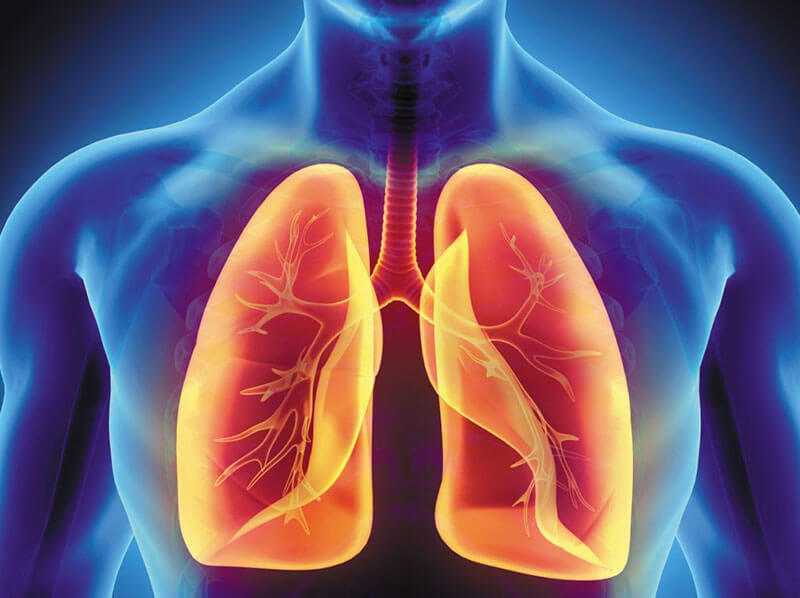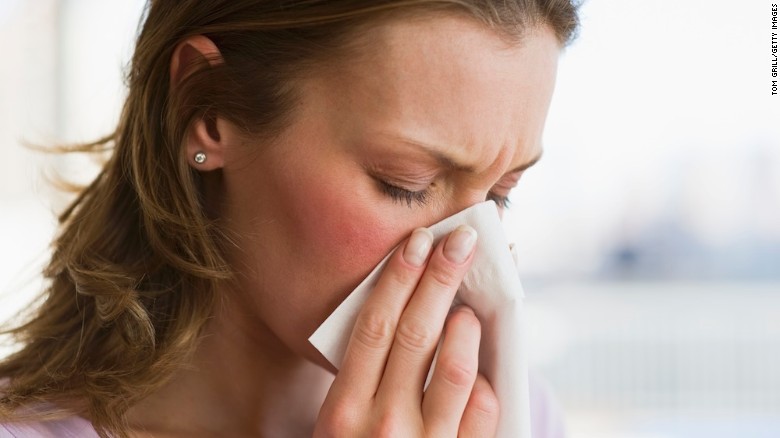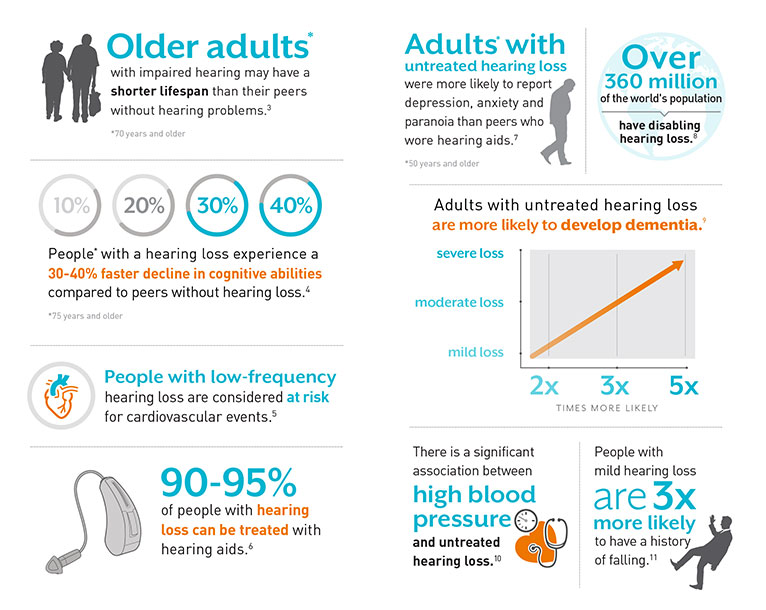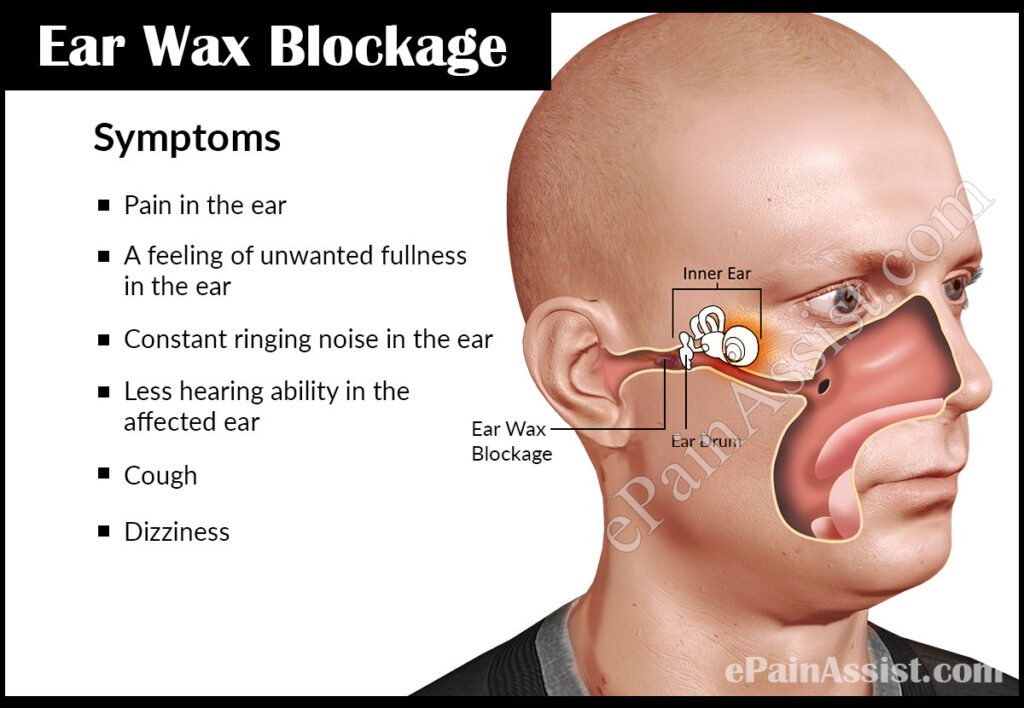The lungs are one of the most fascinating organs in the human body. Like the heart, liver and pancreas, the lungs are part of the Autonomic Nervous System (ANS) which means they provide life giving functions automatically without conscious control. But unlike the heart, liver and pancreas, we can consciously take control of our lungs, like when we hold our breathe or slow our breaths down to reduce anxiety and stress.
Making our lungs even more distinct, they are constantly interacting with external threats like pollution, allergens, dust and smoke, all of which can damage the delicate tree like structures of the bronchials and cillia. Dr. Lisa A. Maier, chief of the division of environmental and occupational health sciences at National Jewish Health, in Denver, Colo has stated, “Our lungs interact with the environment… We literally breathe in everything that’s around us.”
But even with so much importance in daily healthy living functions, the lungs are often overlooked and forgotten about. That’s why the team at Blue Echo Care created the following simple list as a reminder of ways to take care of our lungs.
1. Quit Smoking
On June 25th 2019, San Francisco banned the sale of all e-cigarettes within city limits, being the first city to do so in the United States, following a decades long trend in the United States around widespread bans of tobacco and nicotine related products from use in public spaces (27 states have banned cigarette smoking in the workplace bars and restaurants)
Still, even with access to smoking decreasing, 34 million Americans smoke at least 1 cigarette a day.
Being the leading cause of lung cancer and COPD, quitting smoking is an easily preventable solution to immediately improve lung health, respiratory response and overall health. Though this is much easier said than done, the benefits of quitting are massive.
2. Avoid Pollution
This one is a bit more difficult than quitting smoking (not saying quitting smoking is easy) but depending on where you live and work, it might not be possible to avoid pollution and their contaminants. Beijing, China’s Air Quality Index (AQI) for 2019 so far is at 82, which is down from 168 in 2014 and considered only moderately dangerous to breath while Los Angeles, which is often cited as one of the most polluted city in the United States, has an annual average AQI of 49, just under the scale maximum of 50 for good.
But even if you live in one of these more polluted cities, there are some techniques that will help reduce your exposure to harmful contaminants.
- Air Fresheners and laundry detergents can have noxious chemicals in them that linger as synthetic fragrances in clothing, try to use eco-friendly, organic brands as much as possible.
- Check daily particle levels in your city on the World Air Quality index to see if pollution is at dangerous levels (anything over 100 is considered dangerous)
- If pollution is over 100, remain indoors and reduce exertion levels. This is particularly important for those with asthma, COPD or lung disease, the very young and old.
3. Improve The Indoor Air Quality
Unfortunately, escaping from harmful pollutants outside isn’t always as simple as going to your safe-haven at home. Paints, disinfectants, cosmetics, degreasing agents, glues and a variety of other household items all release Volatile organic compounds (VOCs) including benzene, ethylene glycol, formaldehyde, and methylene chloride which can all be damaging to the lungs. The best way to combat these harmful, invisible gases are to add 2 indoor plants like ferns, aloe vera, ivy and draceana for every 100 sqft of your home. Doing this while reducing the usage of harsh cleaners and aerosol sprays should drastically reduce the number of contaminants you breathe in on a daily basis.
4. Eat Lung Healthy Foods and get your vitamin D
- Drinking plenty of water contributes to healthy mucus consistency and flow allowing the lungs to dispel of harmful microbes
- Green, leafy vegetables like broccoli, kale, spinach, and cauliflower to name a few, all have significant amounts of antioxidants that can not only help cleanse the lungs but can also cleanse the lungs.
- Black beans and lentils are high in Folate, a B vitamin that has been known to help with COPD. In particular, reducing breathlessness that comes with this condition.
- Additionally, getting the proper multivitamins, including Vitamin D as well as organic anti-inflammatory compounds like Quercetin, Bromelain and Boswellia have all been found to contribute to lung health and reduce asthma and allergy symptoms.
5. Exercise
Obesity is often overlooked as a major cause of pulmonary lung diseases and COPD but is often cited in medical journals as one of the leading causes of asthma, COPD and sleap apnea. Diet is often cited as the best way to avoid obesity but exercise and its benefits, have a multiplying affect on lung health. Aerobic exercises like dancing, running and swimming can increase lung capacity and the strength of muscles surrounding the lungs though always consult a physician first to ensure that you’re healthy enough to start an exercise plan.
These numerous changes might seem daunting at first to accomplish but slow, methodical daily adjustments can have drastic effects on your health and the health of your loved ones.
As always, thanks for visiting Blue Echo Care and have a great day.
Sincerely,
Ed Wagner
Founder/CEO
Blue Echo Care




